Found 140 Results
Page 13 of 18
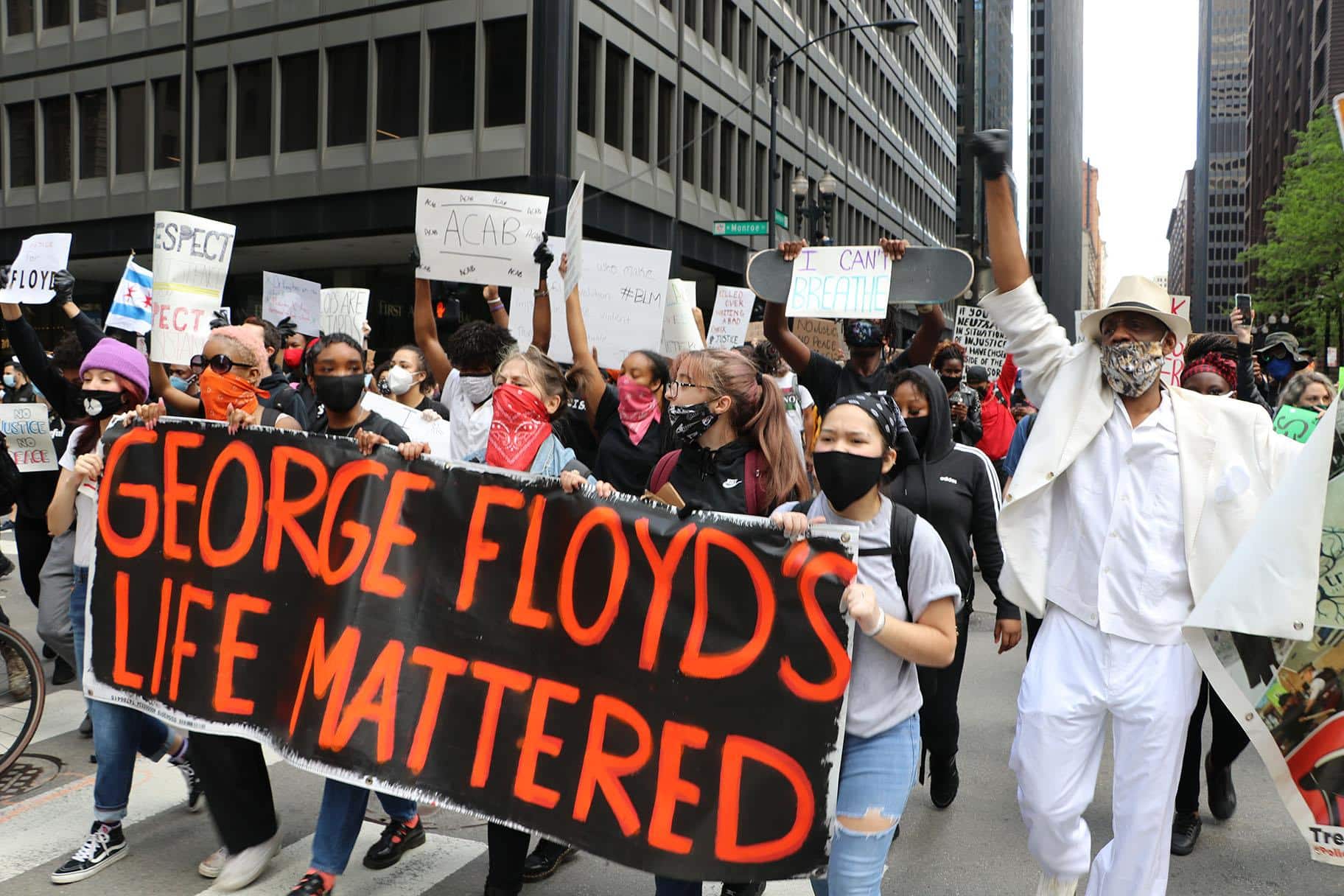
- Criminal Justice
- Equality
- Government & Elections
- Partisanship & Polarization
- Social Issues
- Teaching the News
Protests, Riots, Justice, and the Rule of Law
Post | June 4, 2020
On Monday, May 25, a Minneapolis police officer named Derek Chauvin killed George Floyd by kneeling on his neck for over eight minutes.1 The next day, video of the killing went viral; by the end of the day, large groups had begun protesting in Minneapolis. In the week since, protests have spread to many major […]
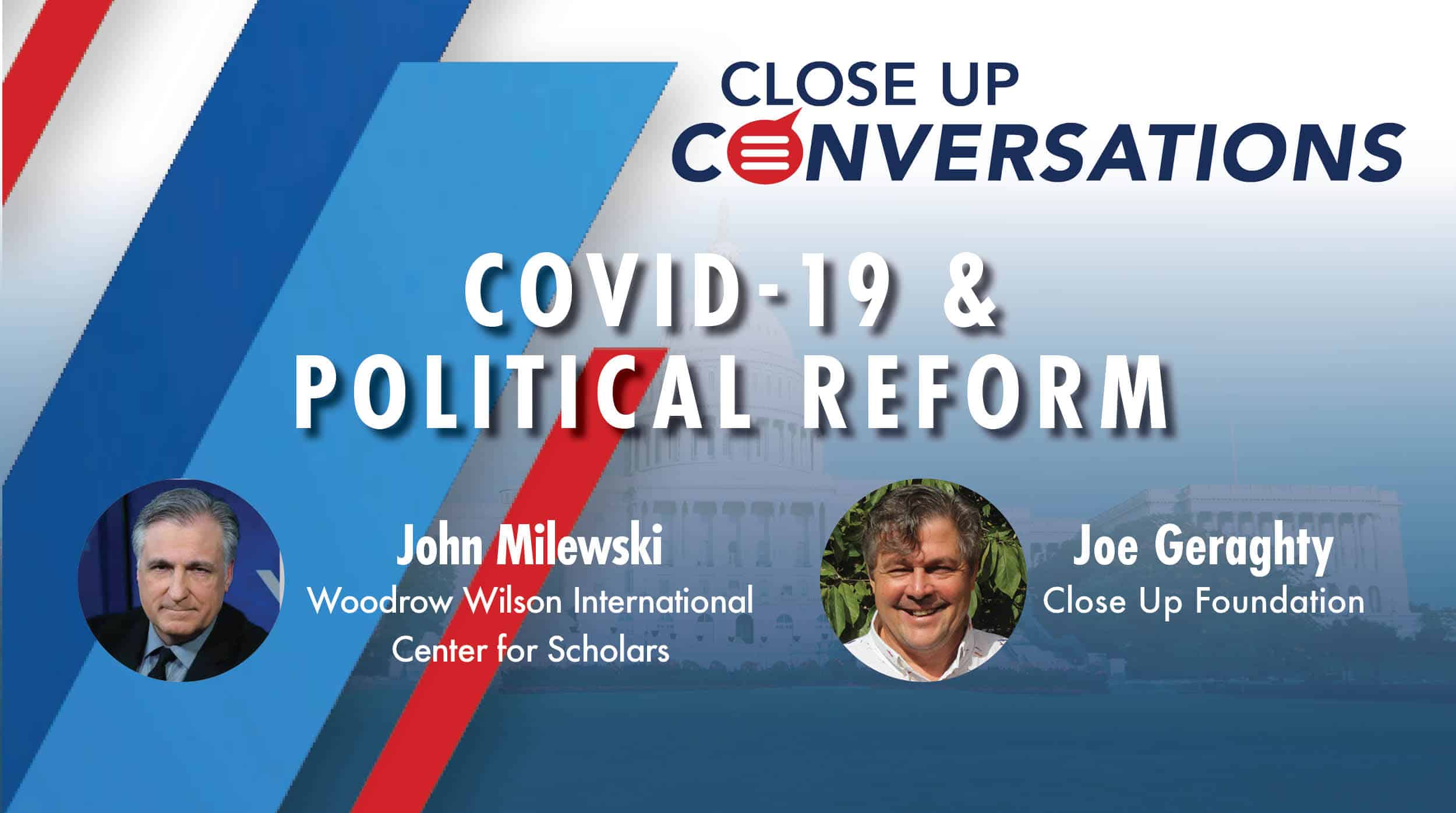
COVID-19 and Political Reform
Videos | May 20, 2020
During this seminar, available on-demand, Close Up’s, Joe Geraghty discusses ‘COVID-19 and Political Reform’ with John Milewski, Director of Digital Programming & Managing Editor and Host of the Wilson Center ON DEMAND from Woodrow Wilson International Center for Scholars. John speaks with Joe about government funding and political reform in the wake of COVID-19 in regards to health care, education and business.
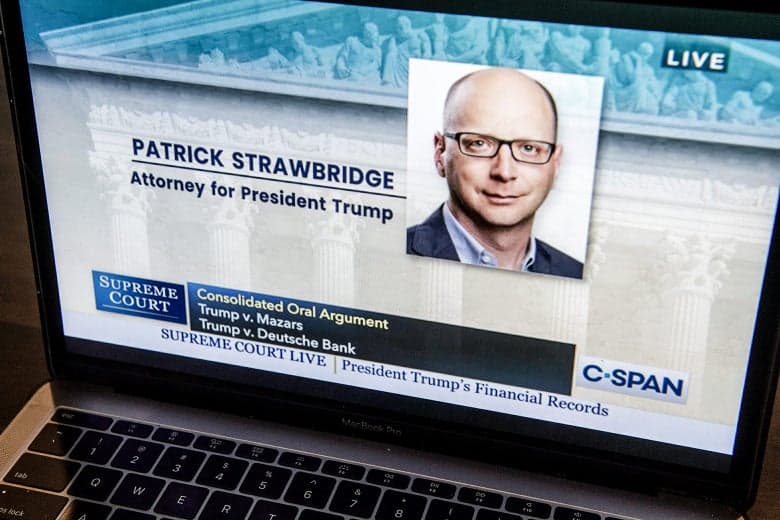
- Constitutional Issues
- Executive Branch
- Government & Elections
- Judicial Branch
- Legislative Branch
- Partisanship & Polarization
Executive Privilege and the Supreme Court
Post | May 18, 2020
Last week, the Supreme Court heard arguments in two cases involving President Donald Trump’s tax returns and financial records, Trump v. Mazars and Trump v. Deutsche Bank. During the 2016 election, then-candidate Trump broke with tradition and refused to release many of his financial records and tax returns. The president is suing his accountants and […]

Calm or Chaos: The Role of the Media During a Crisis
Post | May 5, 2020
As the COVID-19 2020 news headlines continue to dominate, the American public is facing an onslaught of information about the pandemic. Social and traditional media are covering developments, spreading opinions, and broadcasting statistics about COVID-19. There has been a strong association between coronavirus media coverage and an increase in public attention on the virus itself […]
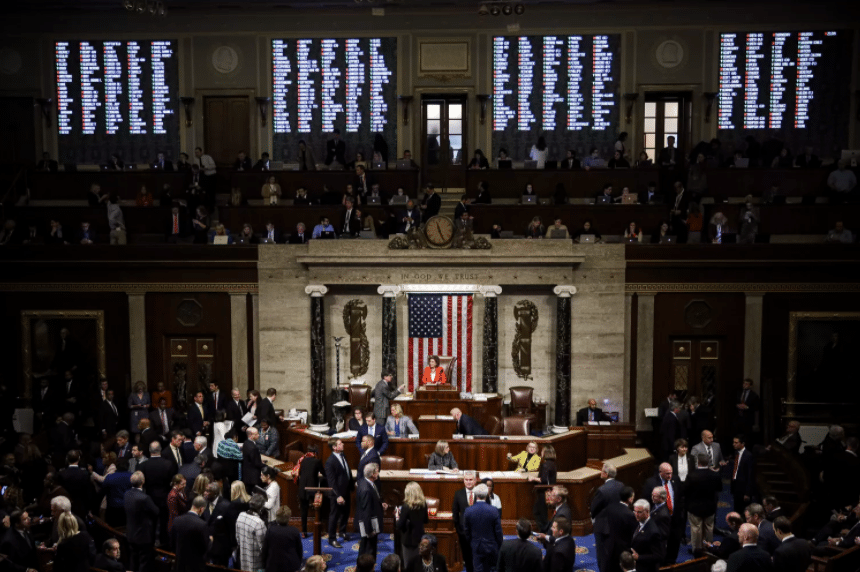
Should Congress Be Allowed to Vote Remotely?
Post | April 14, 2020
Due to the ongoing COVID-19 pandemic, 42 states—along with Puerto Rico and Washington, D.C.—have issued stay-at-home orders, effectively barring at least 316 million Americans from going out unless absolutely necessary.1 While essential businesses and services remain open, many workers now find themselves working from home. Considering the circumstances, should Congress also be allowed to vote […]
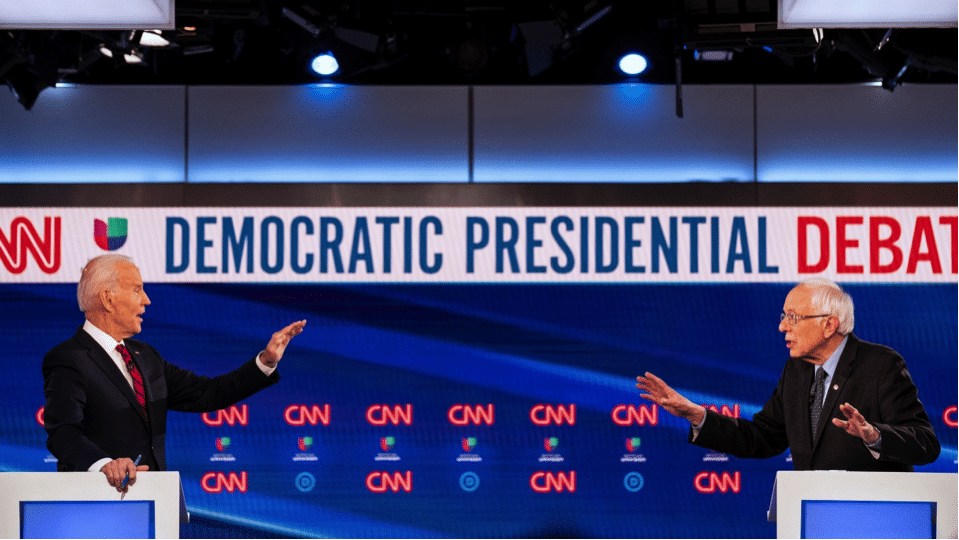
Postponed Presidential Primaries and the Pandemic
Post | April 7, 2020
With COVID-19 dominating both the headlines and the realities of everyday life in the United States, it can be hard to remember that we are in the midst of a presidential primary with a general election only seven months away. The State of the Race A little over a month ago, former Vice President Joe […]
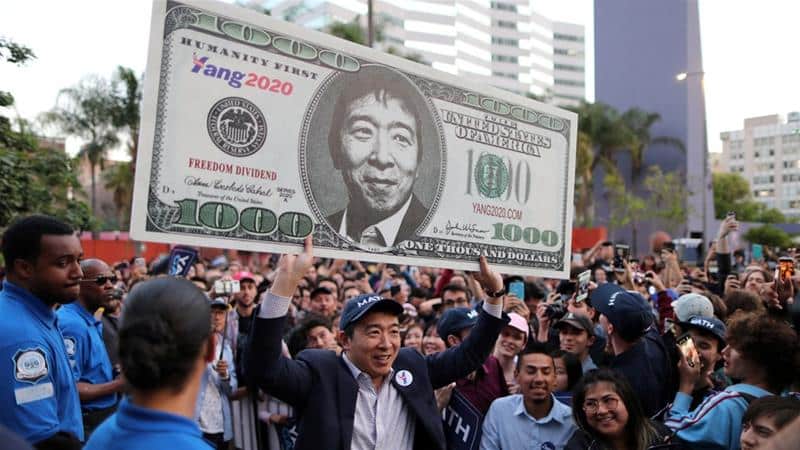
Universal Basic Income: Pipe Dream or Proactive Policy?
Post | February 28, 2020
On November 6, 2017, businessman Andrew Yang began a presidential campaign centered on a signature policy, Universal Basic Income (UBI).1 If put in place, this UBI or “Freedom Dividend” would give every adult American $1,000 a month, no questions asked.2 The idea captured some voters’ imaginations; although Yang ultimately suspended his campaign after a poor […]
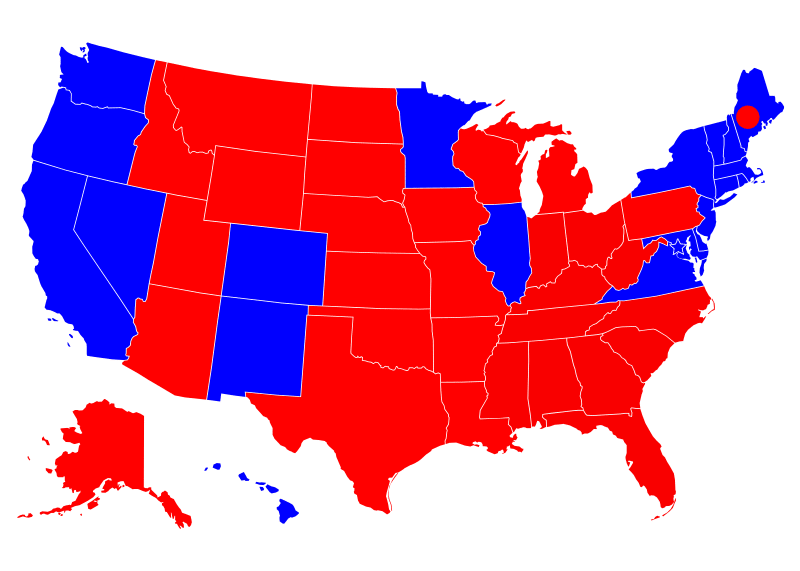
Understanding Ideological Labels
Post | February 20, 2020
During campaigns and elections, candidates use political labels, such as liberal, moderate, progressive, conservative, and libertarian, to position themselves in relation to each other and as a shorthand for their worldviews and policy preferences. This presidential election cycle features candidates from across a wider political spectrum than most elections in recent years. In the United […]
Page 13 of 18
Page 13 of 18

- Criminal Justice
- Equality
- Government & Elections
- Partisanship & Polarization
- Social Issues
- Teaching the News
Protests, Riots, Justice, and the Rule of Law
Post | June 4, 2020
On Monday, May 25, a Minneapolis police officer named Derek Chauvin killed George Floyd by kneeling on his neck for over eight minutes.1 The next day, video of the killing went viral; by the end of the day, large groups had begun protesting in Minneapolis. In the week since, protests have spread to many major […]

COVID-19 and Political Reform
Videos | May 20, 2020
During this seminar, available on-demand, Close Up’s, Joe Geraghty discusses ‘COVID-19 and Political Reform’ with John Milewski, Director of Digital Programming & Managing Editor and Host of the Wilson Center ON DEMAND from Woodrow Wilson International Center for Scholars. John speaks with Joe about government funding and political reform in the wake of COVID-19 in regards to health care, education and business.

- Constitutional Issues
- Executive Branch
- Government & Elections
- Judicial Branch
- Legislative Branch
- Partisanship & Polarization
Executive Privilege and the Supreme Court
Post | May 18, 2020
Last week, the Supreme Court heard arguments in two cases involving President Donald Trump’s tax returns and financial records, Trump v. Mazars and Trump v. Deutsche Bank. During the 2016 election, then-candidate Trump broke with tradition and refused to release many of his financial records and tax returns. The president is suing his accountants and […]

Calm or Chaos: The Role of the Media During a Crisis
Post | May 5, 2020
As the COVID-19 2020 news headlines continue to dominate, the American public is facing an onslaught of information about the pandemic. Social and traditional media are covering developments, spreading opinions, and broadcasting statistics about COVID-19. There has been a strong association between coronavirus media coverage and an increase in public attention on the virus itself […]

Should Congress Be Allowed to Vote Remotely?
Post | April 14, 2020
Due to the ongoing COVID-19 pandemic, 42 states—along with Puerto Rico and Washington, D.C.—have issued stay-at-home orders, effectively barring at least 316 million Americans from going out unless absolutely necessary.1 While essential businesses and services remain open, many workers now find themselves working from home. Considering the circumstances, should Congress also be allowed to vote […]

Postponed Presidential Primaries and the Pandemic
Post | April 7, 2020
With COVID-19 dominating both the headlines and the realities of everyday life in the United States, it can be hard to remember that we are in the midst of a presidential primary with a general election only seven months away. The State of the Race A little over a month ago, former Vice President Joe […]

Universal Basic Income: Pipe Dream or Proactive Policy?
Post | February 28, 2020
On November 6, 2017, businessman Andrew Yang began a presidential campaign centered on a signature policy, Universal Basic Income (UBI).1 If put in place, this UBI or “Freedom Dividend” would give every adult American $1,000 a month, no questions asked.2 The idea captured some voters’ imaginations; although Yang ultimately suspended his campaign after a poor […]

Understanding Ideological Labels
Post | February 20, 2020
During campaigns and elections, candidates use political labels, such as liberal, moderate, progressive, conservative, and libertarian, to position themselves in relation to each other and as a shorthand for their worldviews and policy preferences. This presidential election cycle features candidates from across a wider political spectrum than most elections in recent years. In the United […]
Page 13 of 18







